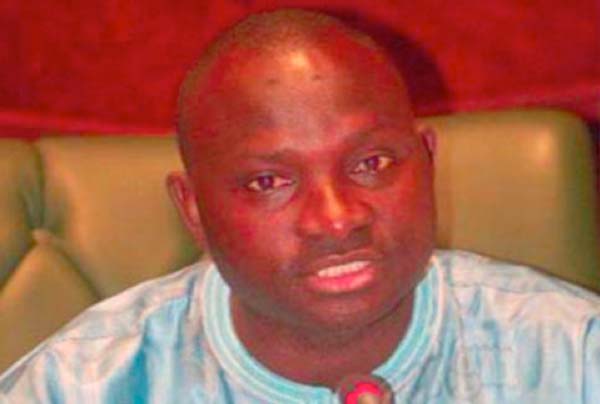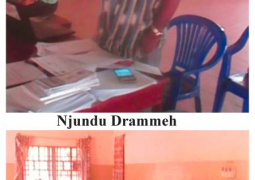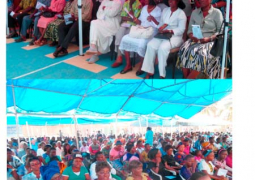
The
Federal Criminal Court (TPF) of Switzerland has denied ex-Gambian minister of
the interior of $14,000 (equivalent to more than D644,000) he requested from
among the cash in his possession when he got arrested in January 2017 at an
asylum application center in Lyss.
Ousman
Sonko had challenged the seizure of his assets to the court, arguing that he
needed it to pay the fees of one Mr Philippe Currat. Mr Currat is an
international criminal law specialist whom Sonko had chosen for his defence, a
Swiss newspaper, 24Hours, reported.
The
requested money, totaling nearly $14,000, was among various international
currencies like Swiss Francs, Euros, Dollars and British Pounds found on his
person at the time of arrest.
Sonko
told the court he needed $14,000 from the said funds to pay the costs of the
proceedings.
However,
in a ruling issued yesterday, the Swiss Federal Complaints Court reminded
Ousman Sonko that an official defence counsel had been appointed for him by the
state. He therefore has no need to hire
another lawyer.
“After
the public prosecutor was notified of the mandate given to Mr Currat by Sonko,
the mandate of the public prosecutor assigned him was suspended,” the paper
reported.
However,
it is not excluded that the ex officio representative may take up the defence
of Ousman Sonko, states the judgment.
According
to the judges of Bellinzona, it is not clear why the assigned defence counsel
would not be able to effectively defend the interests of the former Gambian
minister.
Sonko
has been in custody since his arrest some six months ago on the charges of
crimes against humanity, including torture.
He
served as Minister of the Interior of The Gambia from 2006 to 2016 and was Chief
of Police and Commander of the Presidential Guard in 2003.
Sonko
is accused of having been present during acts of torture and was arrested in
Lyss after a denunciation by a Geneva-based NGO, Trial International.
Two
of seven witnesses have already testified against Sonko in a pretrial
investigation in Switzerland.
The
country has powers under international jurisdiction to try suspects of crimes
against humanity even if they were committed outside of their country.
For
the pretrial investigations, authorities have powers to hold him in detention
for a year before the case moves to trial proper.



